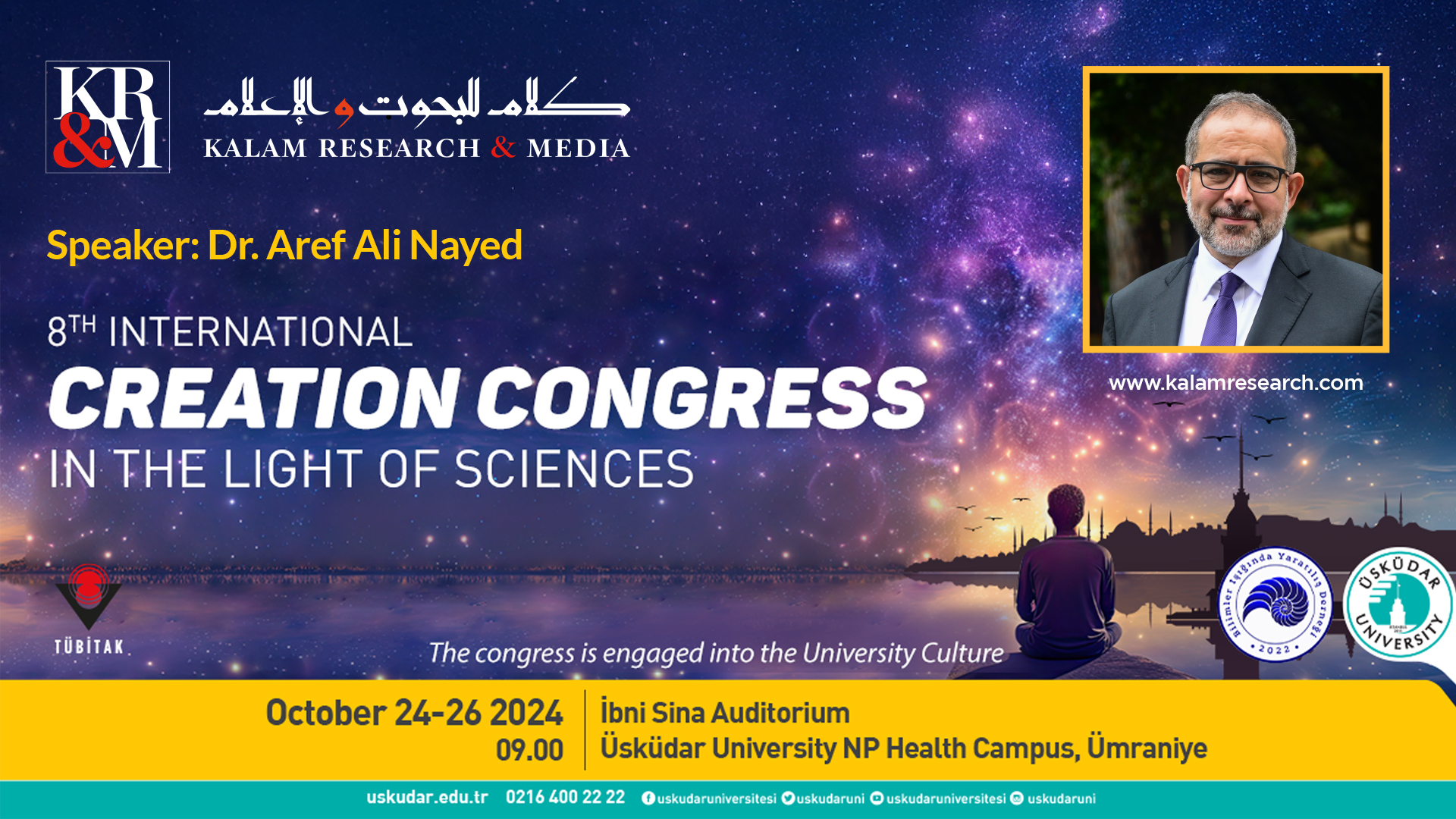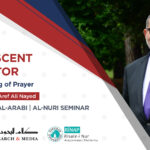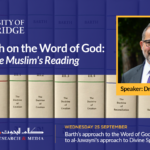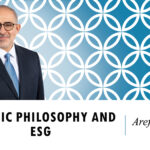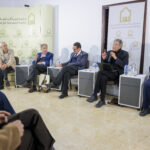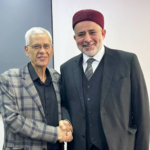Prof. Dr. Aref Ali Nayed, Chairman, Kalam Research and Media
Presented at the VIIIth International Creation Congress in the Light of Sciences, Istanbul, October 24, 2024
Abstract
This paper proposes a framework that integrates a Muslim theological approach, specifically the concept of Ayatology—the study of divine signs (ayat)—with contemporary developments in cosmology. A traditional Muslim view, grounded in the Qur’an and the Sunnah, holds that the universe is a vast field of divine indicators, where every aspect of creation points beyond itself to the Creator. This view resonates with other religious traditions that regard the cosmos as meaningful and purposeful.
However, the disenchantment of the universe in modern science, following the works of Galileo Galilei, René Descartes, and Isaac Newton, has led to a mechanistic view of the cosmos that strips it of its spiritual significance. The mechanistic approach, while valuable in scientific inquiry, often leaves little room for deeper questions of purpose and meaning that are central to religious worldviews.
This paper explores how emerging fields in cosmology— such as fine-tuning, intentionality, the holographic principle, Bohmian quantum mechanics, and information theory—offer pathways to re-enchant the cosmos in light of Ayatology. The argument is made that these scientific developments, while not necessarily affirming any specific theological position, open new possibilities for understanding the universe as a meaningful system of divine signs. Additionally, the paper argues that these divine indicators are not only signs of the Creator’s existence but also manifestations of divine compassion (rahma) and generosity (jud), where divine generosity precedes being and constitutes the very origin of existence.

